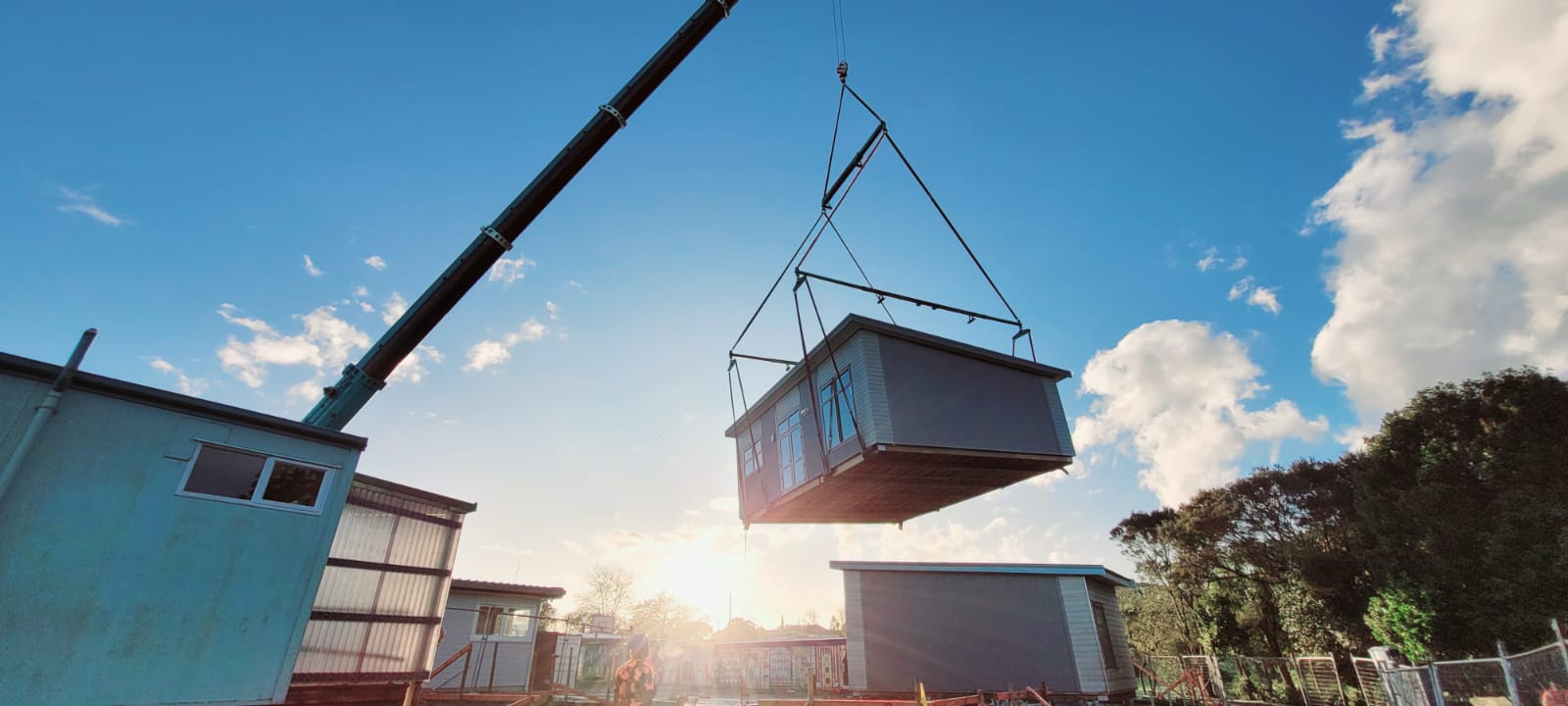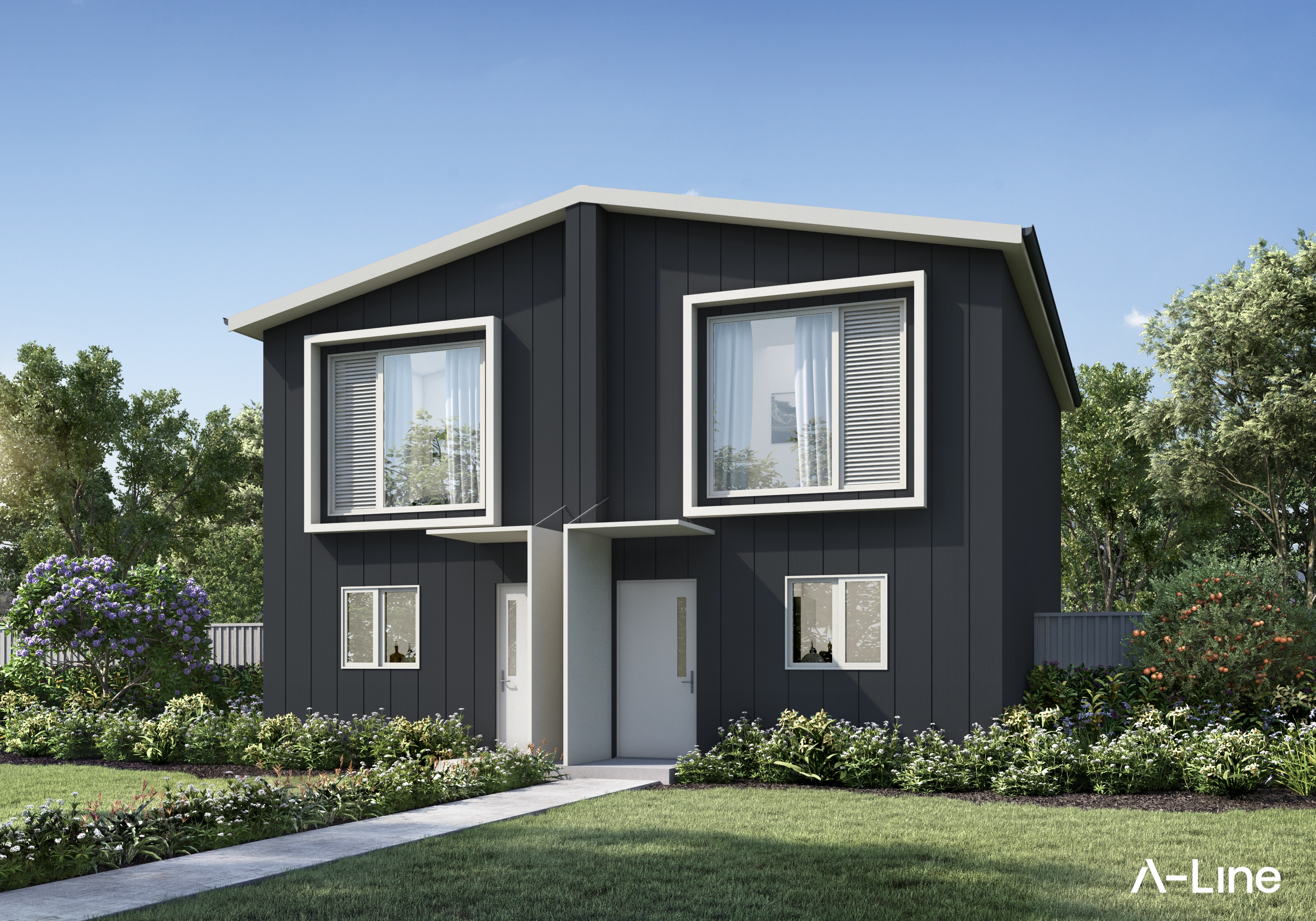Modular Construction: Paving the Way for the Future of Construction

Modular construction is quickly being considered the future of Construction. Its numerous advantages and potential for innovation make it an attractive and viable solution for many projects. Take a read of the below points to see just why this is.
Increased Efficiency: Modular construction offers streamlined processes, reduced construction time, and improved productivity. With advancements in technology, such as Building Information Modeling (BIM) and automation, efficiency gains are further amplified.
Sustainable Construction: As the demand for environmentally friendly practices grows, modular construction aligns well with sustainable goals. Its controlled factory environment allows for optimized resource usage, minimized waste, and the incorporation of energy-efficient designs and materials.

Design and Customization: Modular construction allows for greater design flexibility and customization. Architects and designers can leverage the benefits of modular components to create unique and innovative structures while maintaining efficiency and quality.
Technological Integration: The future of modular construction will likely involve increased integration of technology. This includes the use of smart building systems, IoT (Internet of Things) devices, and automation to enhance energy management, occupant comfort, and overall building performance.
Off-Site Construction: The ability to construct building components off-site offers significant advantages. This includes improved quality control, reduced site disruption, and enhanced worker safety. With the increasing urbanization and limited space in many areas, off-site construction becomes a practical solution.
Scalability and Adaptability: Modular construction allows for easy scalability and adaptability. Structures can be expanded, reconfigured, or repurposed to meet changing needs, making it an ideal choice for projects requiring flexibility or future expansions.
Overcoming Labor Shortages: The construction industry has been facing labor shortages in many regions. Modular construction can help mitigate this challenge by reducing the reliance on on-site labor. The controlled factory environment allows for efficient utilization of a skilled workforce, optimizing productivity.
Technological advancements: The future of modular construction will likely see further advancements in manufacturing techniques, materials, and assembly processes. This continuous innovation will lead to improved quality, reduced costs, and increased acceptance of modular construction as a mainstream approach.
Overall, the combination of efficiency, sustainability, flexibility, and technological integration positions modular construction as a promising solution for the future. Its ability to address current industry challenges and meet evolving demands makes it an increasingly preferred choice for construction projects across various sectors.






-min.jpg)
